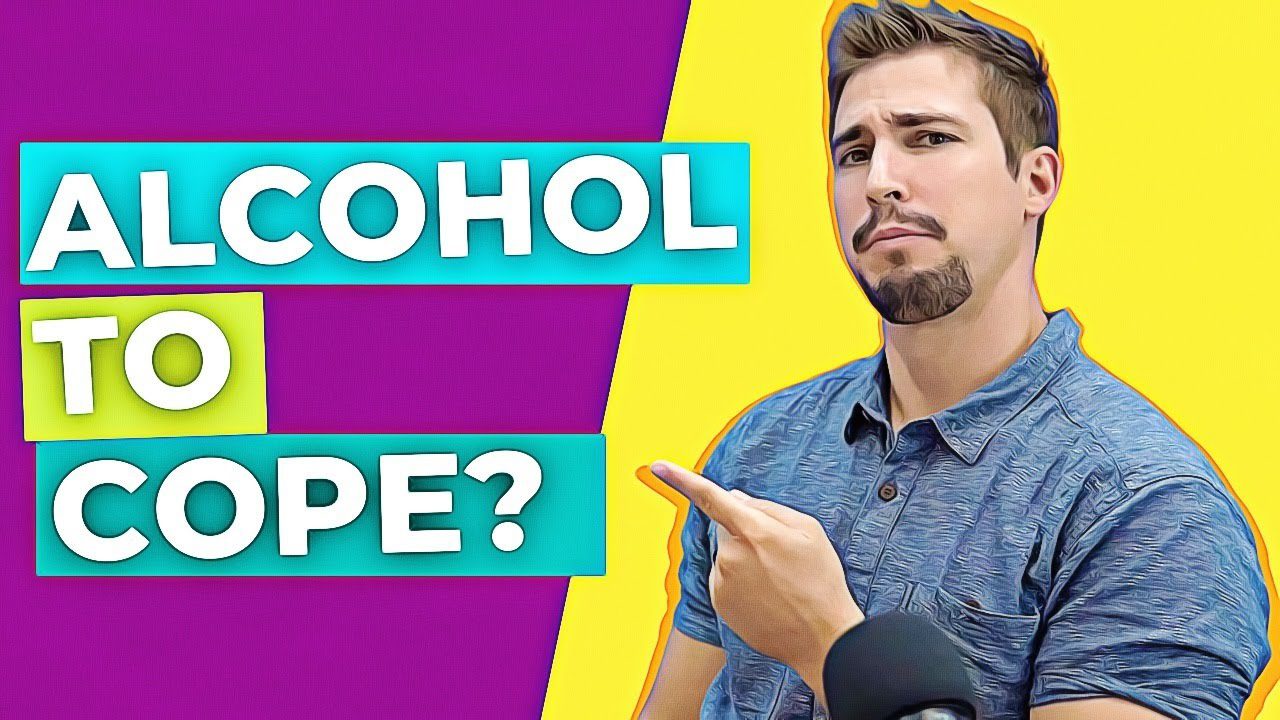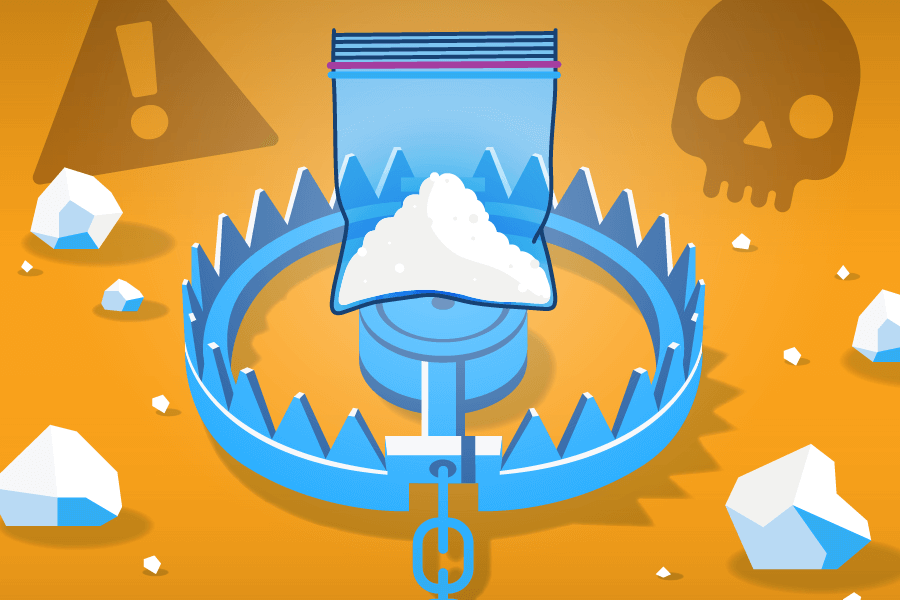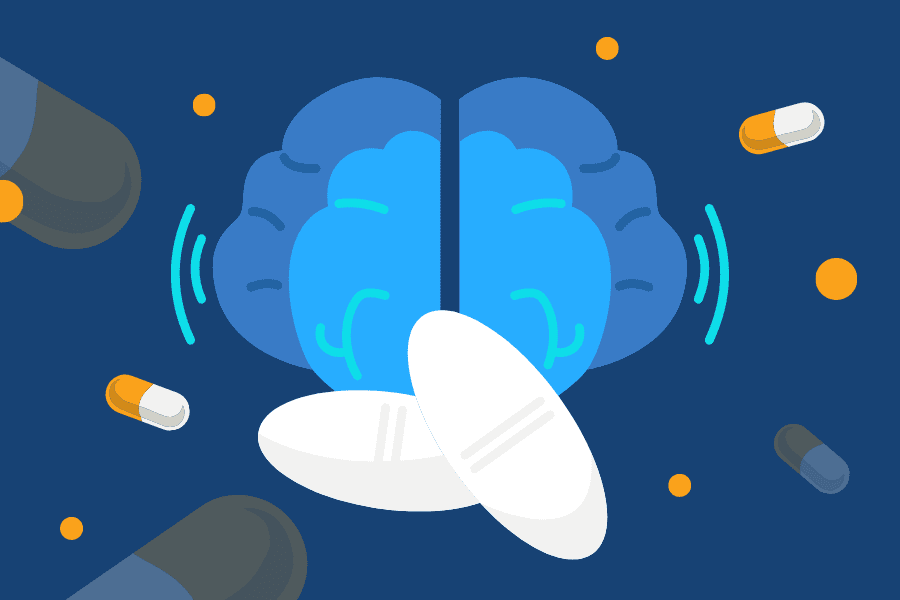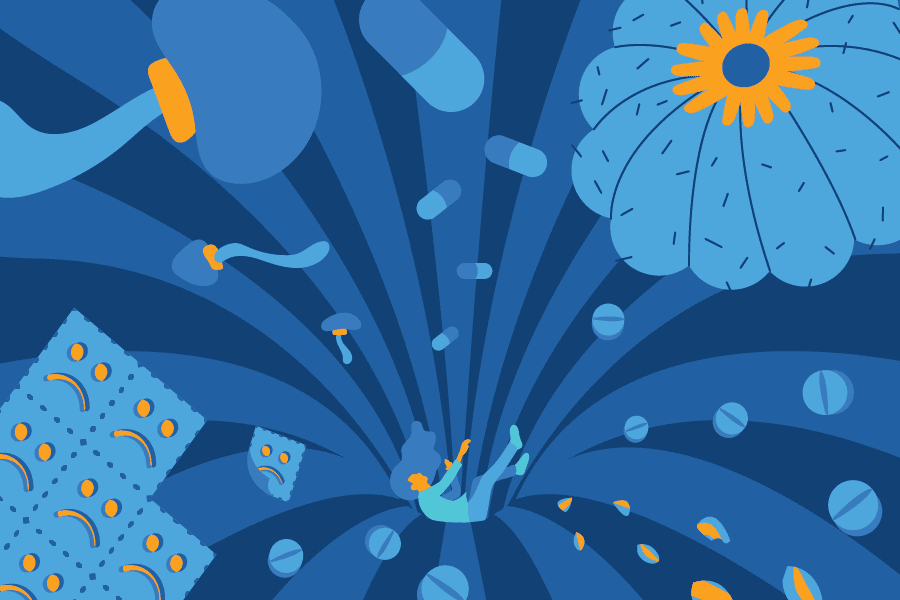Alcohol Addiction
Of all the substances used by teens and young adults, alcohol is by far the most common. Though the legal drinking age in the U.S. is 21, according to a 2015 study conducted by The National Institute on Drug Abuse: 58.2% of surveyed American high school seniors had used alcohol within the past year.
Overview of Alcohol Abuse
Alcohol is legal for adults, making it an easy substance to obtain, and its use is normalized in society. Young people often see their parents, older siblings, and idols in mainstream media partaking in the substance. But many teens and young adults don’t drink the way those in their 30’s or 40’s do.
Potential Effects of Alcohol on the Body
- Liver stress and damage
- Alcohol must be filtered through the liver to remove toxins. When a young person’s liver is still growing, this can cause stress on the organ that results in poor performance and damage into adulthood.
- Ulcers
- Damage and ulcers in the stomach and intestines.
- Poor decision making
- Alcohol is a depressant, which means it slows the function of the central nervous system, muscle coordination, movement, reflexes, speech, and decision making. This can result in poor decision making while inebriated, such as drunk driving or unwanted sexual encounters.
- Alcohol poisoning
- Vomiting, unconsciousness, hospitalization, and even death.
- Increased blood pressure and heart stress
- Studies have shown that continued alcohol use across several days creates a more sustained rise in blood pressure. Consistent binge drinking and long-term heavy drinking, can lead to chronic hypertension—itself a risk factor for coronary artery disease.
- Alcohol is a diuretic
- It works to expel water from the body. This can result in dehydration and crankiness, headaches, and digestion issues. These symptoms are commonly called a “hangover”.
- Stunted physical growth and sexual development
- Some research suggests that, even over the shorter time frame of adolescence, drinking alcohol can harm the liver, bones, endocrine system, and brain, and interfere with growth.
Potential Effects of Alcohol on the Brain
- Negatively impacts growth of the prefrontal cortex
- The area of the brain associated with attention, concentration, self control and decision making.
- Impedes the growth of grey and white matter
- The connecting matter of the brain responsible for neural connections, memories, feelings, and thoughts.
- Results in smaller hippocampus
- The area of the brain associated with long term memory.
- Permanently decreased ability to exercise impulse control
- The creation of reward seeking patterns (like drinking) in a brain that is still growing (generally until about age 25).
- Higher chance of addiction in later years
- Studies show, those who began drinking in their early teens were not only at greater risk of developing alcohol dependence at some point in their lives, they were also at greater risk of developing dependence more quickly and at younger ages.
Potential Effects of Alcohol on the Social System
- Legal trouble for underage drinkers: fines, imprisonment, community service and permanent record
- Damaged relationships with friends and family
- Decreased ability to fulfill responsibilities
- Unwanted pregnancies and sexually transmitted diseases
- Higher chance of involvement with assault or violent behaviors
Many teens and young adults have been told that drinking is not healthy for them. They have probably heard stories of drunk driving accidents or even know an older alcoholic whose life may be in various stages of chaos.
With so many negative impacts, why would a young person drink?
- Peer pressure To fit in with others.
- The notion that “everyone else is doing it” makes many young people not wanting to be the odd one out.
- Experimentation/novel experience
- Adolescence is a natural time for teens to create their own identity. This often involves pushing the limits as a rite of passage or engaging in a rebellious act.
- Pop culture
- In response to advertising linking alcohol with status and sex.
- Genetics/normalization by family
- Young people see parents, aunts and uncles, and siblings drinking.
- For enjoyment
- They enjoy the “buzz” or feeling of being drunk, which is often associated with a higher level of confidence and lower inhibition. The transitional years of adolescence and young adulthood can be a stressful time and alcohol may seem like a way to cope with these stresses.
As with many motivations for substance use, these behaviors are often driven by valid human needs: the need for understanding, identity, or participation. As with many substances, what the user gains, however, is often not worth the cost.
Indications of Alcohol Abuse
- Hangover symptoms (headache, difficulty getting up in the morning, sensitivity to bright light, vomiting).
- A change in the household alcohol supply.
- A change of social group, especially to friends who are older or whom you don’t know.
- A sudden issue with or need for money.
- Defensiveness to open and respectful inquiry may indicate there is something to hide.
- Change of interest in school, sports, or other activities.

How to Prevent Alcohol Abuse
Wondering about the best ways to prevent underage drinking? Though many teens/young adults and parents go through periods of disconnection, the number one factor in preventing alcohol consumption for a young person you love is to build a strong relationship with them, one that includes a discussion about alcohol.
- Speak openly and honestly. About alcohol and why you believe the best decision for them to make at this time is to not drink. Hold a strong boundary; this communicates love by demonstrating your strength in keeping them safe.
- Listen to their thoughts, beliefs, and experiences with an open mind. See if you can collaboratively come up with ideas to fulfill what might be driving their interest or desire to drink. Be willing to listen if they are struggling with peer pressure or other reasons to drink.
- Know their friends and social circles. Know how they spend their time.
- Acknowledge alcohol use and/or abuse in the family or community with openness. Talk to your loved ones about the differences for each circumstance, and consider role modeling the behavior you’d like to see in your loved one.
- Educate on best practices. If you know your teen or young adult is drinking, educated them about best practices. Teach them the dangers of binge drinking, the size of a standard drink, to eat first, to alternate with water, and to avoid drinking games.
- Spend quality time with your loved one. Focus on building their self esteem and sense of self. The more positive interactions they have with you, the more likely they will be to listen to your loving words of advice and boundaries, and the less likely they will be to harm themselves by drinking.
Alcohol Abuse Treatment Options
If you think your teen or young adult may be abusing alcohol, or if you are concerned with your own alcohol consumption patterns, seek support. The potential dangers of alcohol addiction for teens and young adults can be incredibly detrimental, and sometimes life threatening. Learn how to discuss the topic with your loved one and honestly assess the situation. Help is available and the sooner you reach out, the better. It’s a risk not worth taking.


Online Treatment Programs
Our virtual IOP program offers the same programming that we offer in person, all online – this is ideal for those who live too far to drive to an addiction center, have transportation issues, or have health concerns that make in-person treatment challenging.





